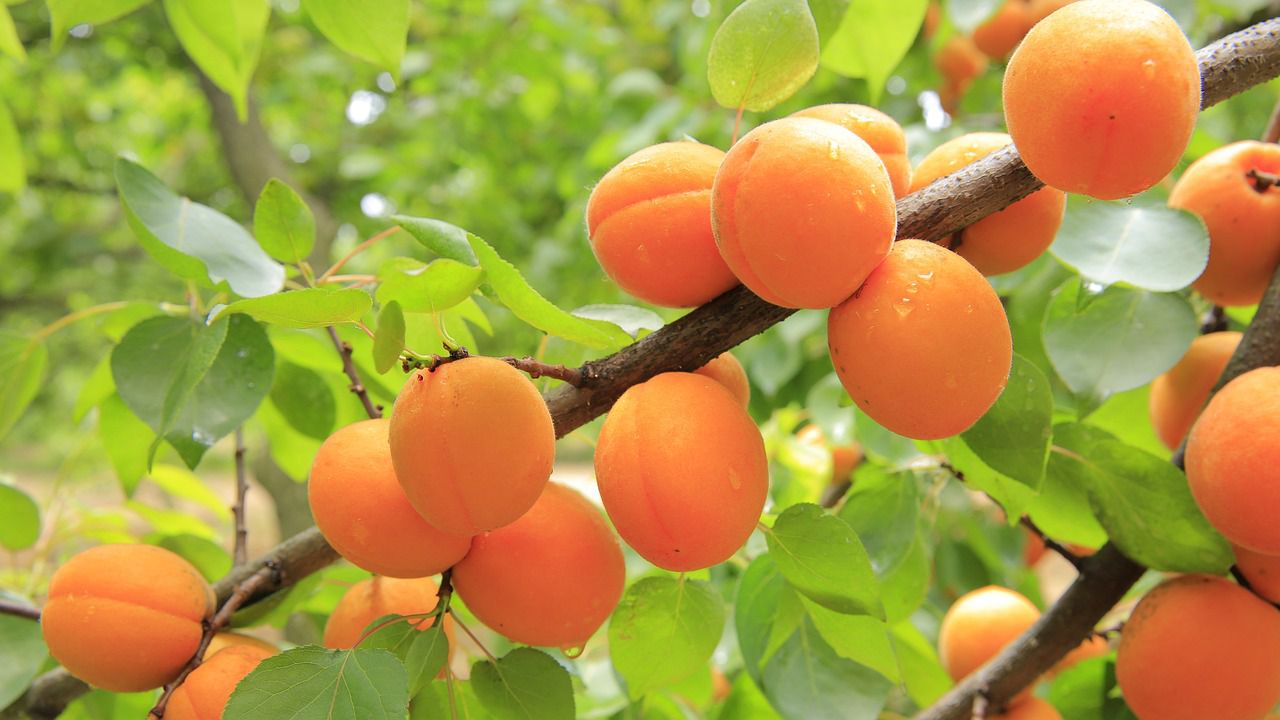Apricot growing mistakes: Things that affect your harvest
Apricots are amazing fruits, and growing them in your garden can give you a huge supply of vitamins and delicious treats.
But if you fail to grow them properly, then apricot trees won't be as thriving and fruitful as you'd like them to be.
Let's find more about these mistakes!
Inadequate Sunlight
Apricot trees require full sunlight to thrive and produce abundant fruit.
Planting them in shaded areas or areas with limited sunlight can result in weak growth, poor fruit development, and increased susceptibility to diseases.

Improper Soil Conditions
Apricots prefer well-draining soil with a slightly acidic to neutral pH level.
Planting them in heavy clay soil or soil that retains excessive moisture can lead to root rot and other fungal diseases.
Ensuring proper soil drainage and improving soil quality with organic matter can help prevent these issues.
Insufficient Watering or Overwatering
Finding the right balance in watering is crucial for apricot trees.
Under-watering can cause stress and negatively impact fruit development, while overwatering can lead to root rot and other diseases.
Regularly monitor soil moisture and provide deep, thorough watering when needed, especially during dry periods.
Failure to Thin Fruit
Apricot trees often produce more fruit than they can support to maturity.
Failing to thin the fruit clusters can lead to smaller, lower-quality fruits and cause excessive strain on the tree's resources.
Thinning the fruit by removing excess fruits when they are small allows the remaining ones to grow larger and improves overall fruit quality.


